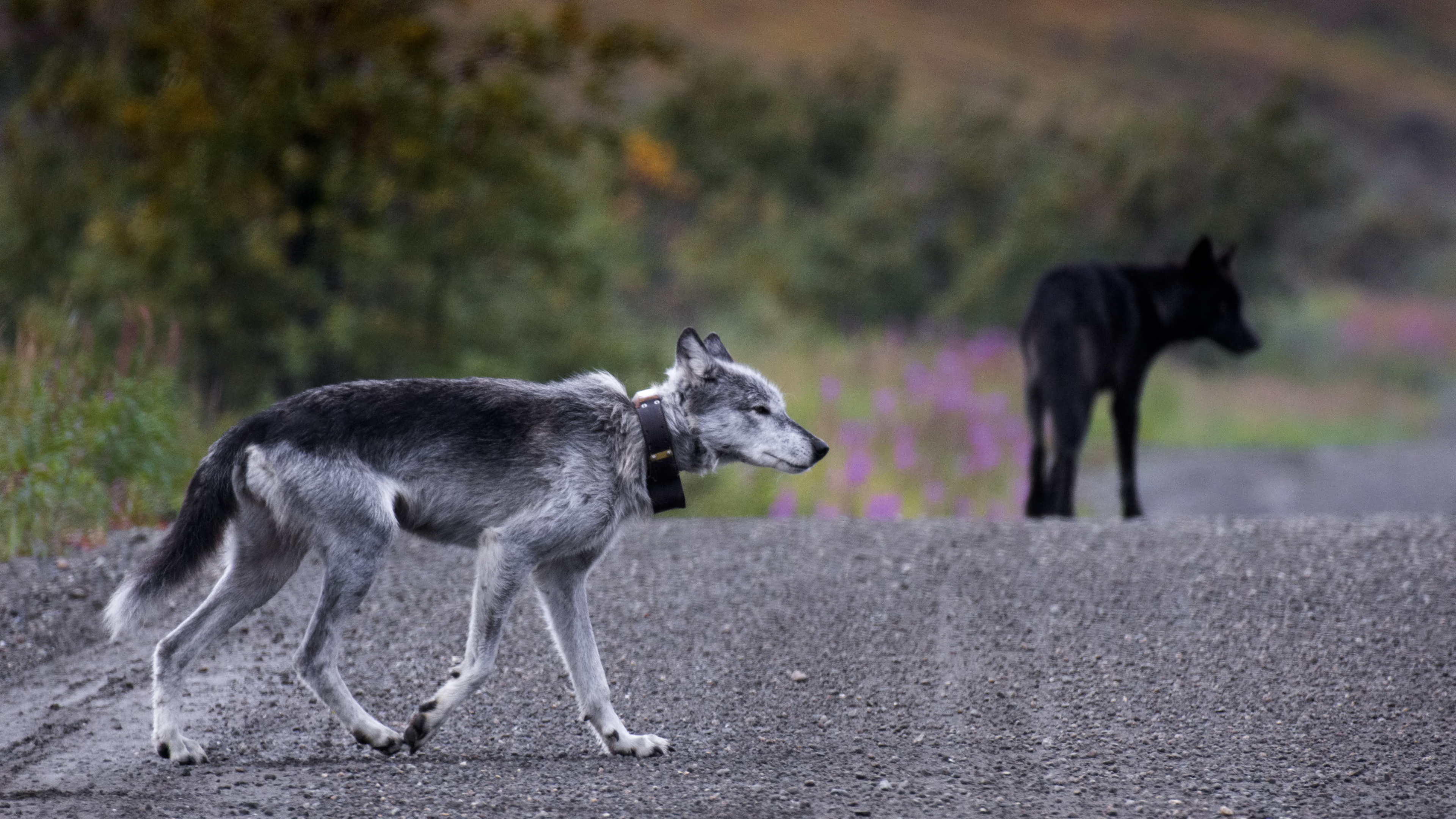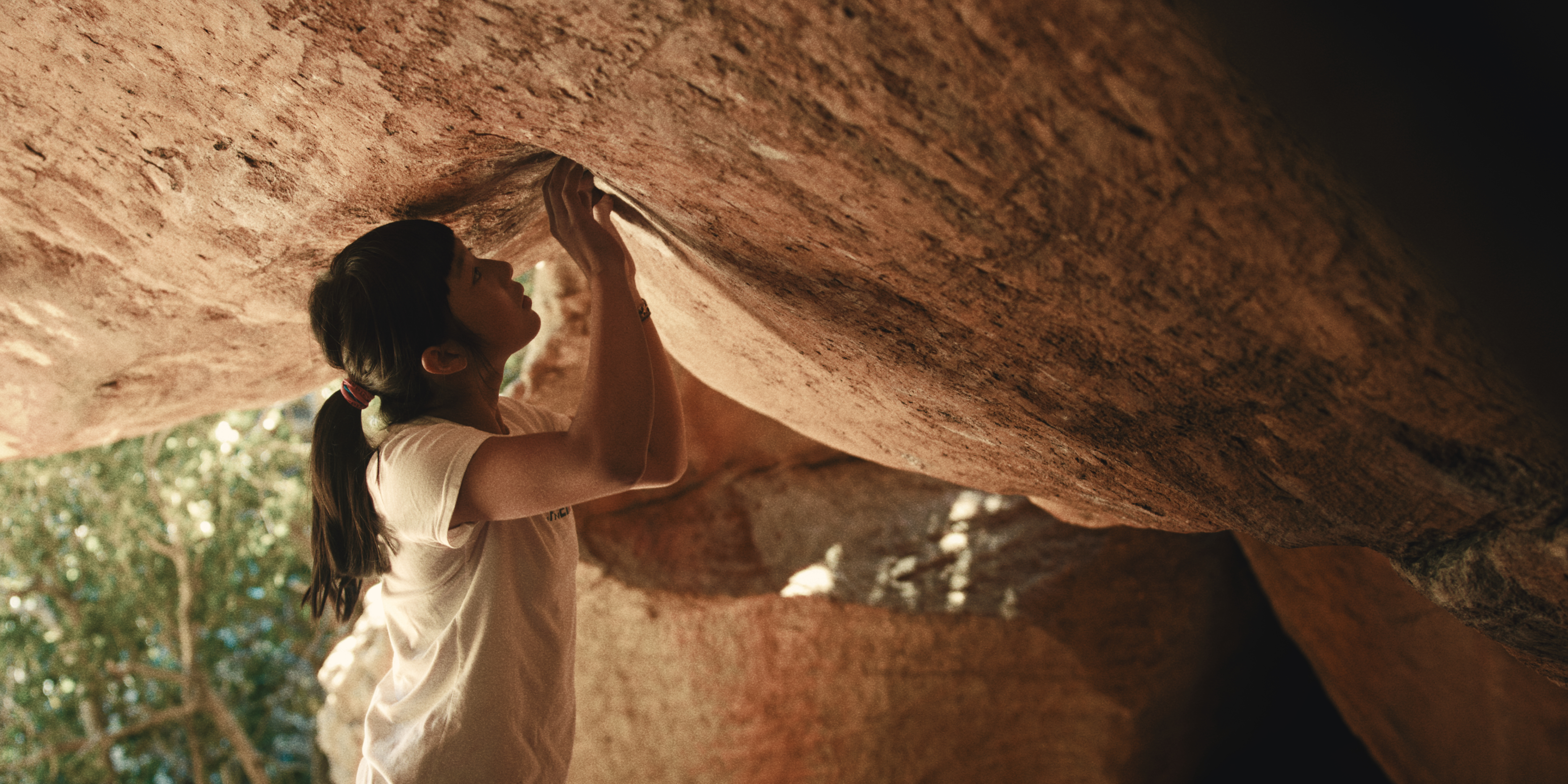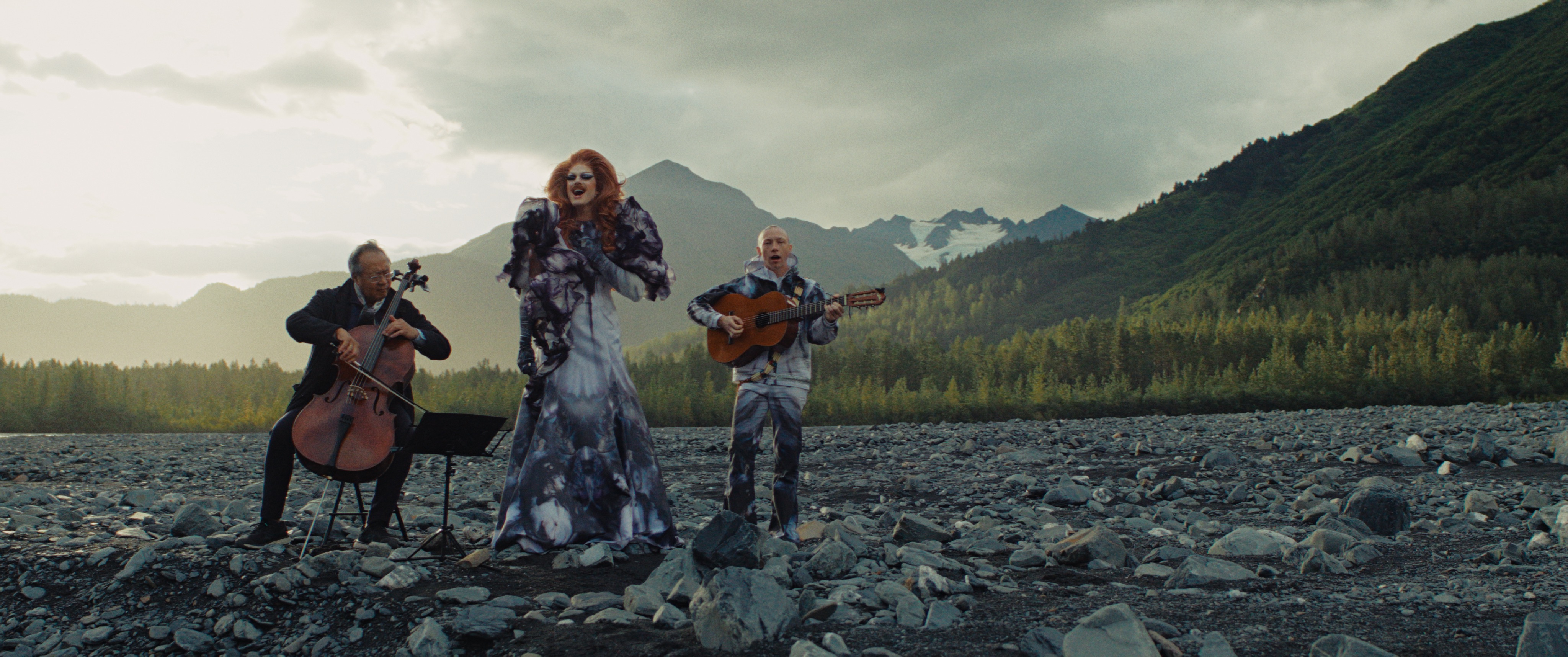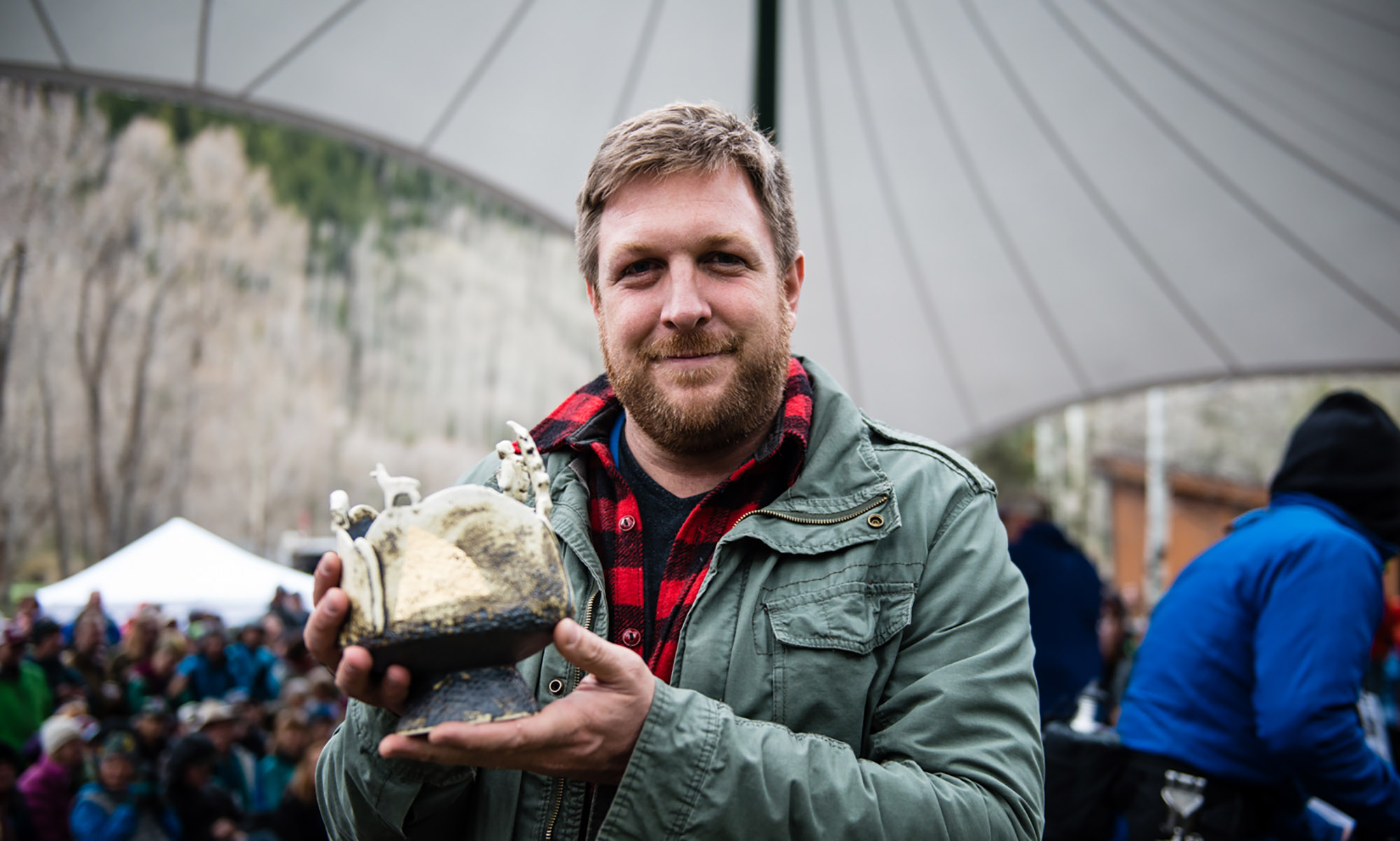
Moving Mountains and Meaningful Action
This year’s Mountainfilm was particularly important for me. Having just returned from the front lines of earthquake relief efforts in Nepal, it was special to be amongst so many friends and peers who share a common love not just for Nepal, but for film’s ability to drive action.
As an aid worker, I was in Nepal with the U.S. charity Operation Blessing to deliver food, water and shelter to remote villages in Sindupawlchuk. I’ve been a first responder for more than 10 years and have been to every major natural disaster and most major conflict zones during that time. When I deploy, I also go as a journalist and filmmaker, and at RYOT we’ve been pioneering a new hybrid approach of merging aid work and journalism that allows us to focus on rapid deployment of relief while simultaneously feeding media in real time to the donors who enable the work. And that’s where we’ve found some of our most compelling stories.
At RYOT, we’re constantly looking for new ways to tell powerful stories and activate new supporters around the amazing work being done by charities. Nepal was the first time we deployed a virtual reality camera in the field, and over the course of the first two weeks after the quake I shot what has become the first virtual reality film from a natural disaster (which was narrated by Susan Sarandon). ??If you were in Telluride, perhaps you saw my colleague, Bryn Mooser, and I putting VR headsets on Mountainfilm attendees on the sidewalk or at our setup in Picaya, or perhaps you were one of the hundreds of people who saw the film. It was the first time we’d shown it, and the response was overwhelming. Viewers reported what we had hoped: a feeling of real connection to the disaster as if they were standing amongst the rubble. It was an honor to be able to share the VR experience with so many friends of Nepal over the weekend, but that wasn’t the main reason I was in town.
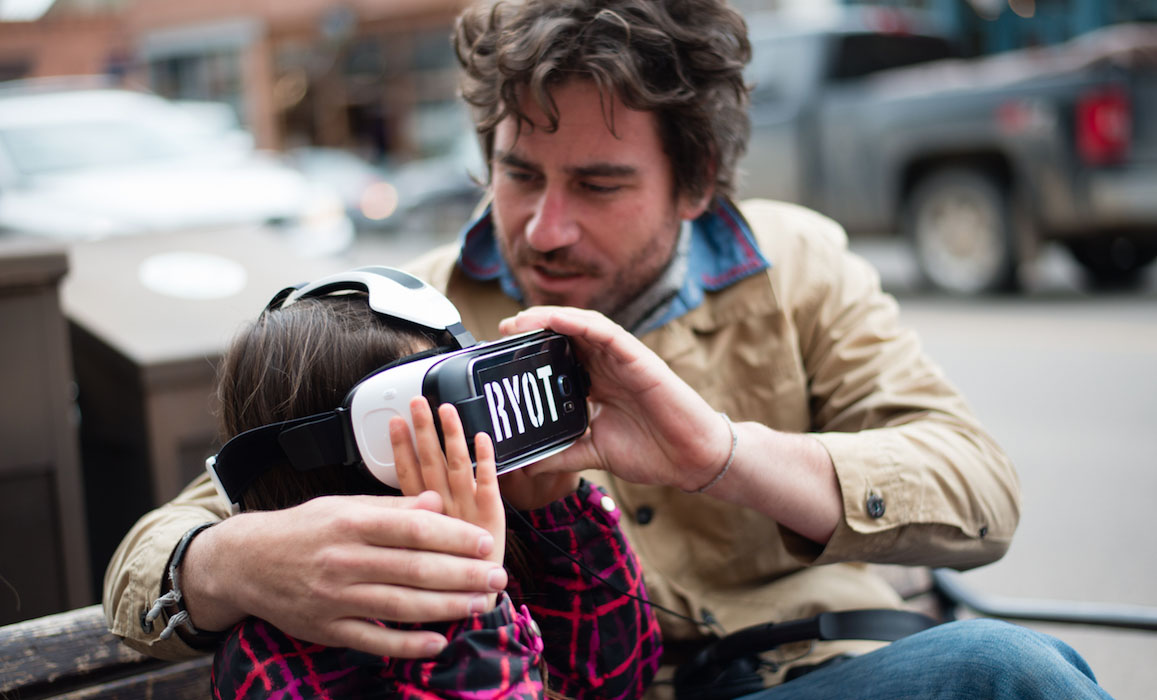 Melissa Plantz
Melissa PlantzI was at Mountianfilm for the screening of a short film I directed titled Body Team 12. Shot in Liberia during the height of the Ebola outbreak, the film follows a team of young Liberians who were members of one of the Liberian Red Cross body collection teams. I had travelled to Liberia early in the outbreak as an aid worker and come across the work of these teams on that first trip. Amazed by their bravery and sacrifice, I decided to embed with a team and tell its story. It was an extremely dangerous film to make. I was in close proximity to dead Ebola victims and was quarantined twice after my return to the U.S., but the only images being shown in the media were these workers in their yellow suits, facemasks and goggles. Body Team 12 is the story of the workers beneath the suits.
The film follows a female member of the body team, a fearless mother, Garmai Sumo. During the outbreak Garmai and her team carried away the dead parents of thousands of children. And now Ebola has produced a new “epidemic” — thousands of Ebola orphans, children who lost both parents to the disease. ??The orphans have been absorbed into the homes of extended family and neighbors but are an added strain on an already-impoverished community. Without the resources needed to support the orphans, most families simply couldn’t afford to feed them and send them to school. With such a great need, Garmai now runs a program to care for these children, the Ebola Orphan Project. She’s currently caring for 300 Ebola orphans, and the program provides school scholarships, food, uniforms and medical care for the children. It’s a lifeline in a nation still struggling to recover from the Ebola. ??
The 2015 Moving Mountains prize money awarded to the Ebola Orphan Project will go directly toward supporting children in Garmai’s program. It will have a deep impact by helping to sustain them. Mountainfilm does so much to inspire action though storytelling and now, thanks to this prize, Mountainfilm will have a physical impact in Liberia.
Thank you all. We hope to bring an update of the orphan program to next year’s festival.
